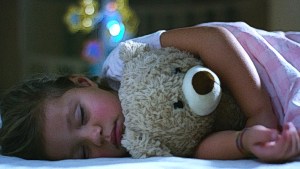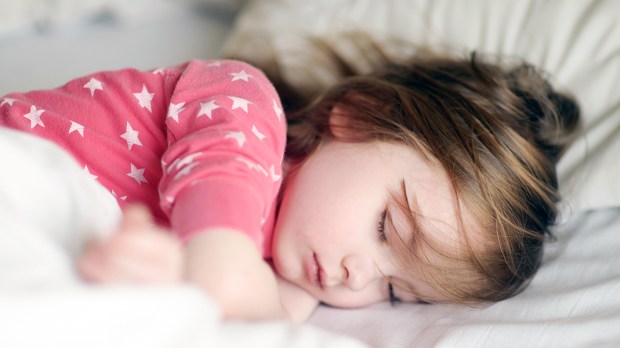In the United States, only 48% of school-age children sleep 9 hours or more per night (the amount considered sufficient) during the week, according to a study published at the end of October by the American Academy of Pediatrics on the sleep duration of children aged 6 to 17. In other words, half of American children do not have their quota of hours of sleep, based on this study that analyzed data on nearly 50,000 children.
For Dr. Hoi See Tsao, author of this study, this sleep deprivation is regrettable because it prevents children from reaching their full potential. “As healthcare providers, we want every child to reach his or her full potential,” Dr. Tsao told Science Daily. “Our research shows that children who get enough sleep are more likely to demonstrate measures of childhood flourishing in comparison to children with insufficient sleep,” he said.
The study showed that the more children sleep, the more interest and curiosity they show in new things, and the more they become interested in school, do their homework, and are able to keep calm in stressful situations.
How much sleep to children actually need?
Here are some numbers from the National Sleep Foundation:
- Three- to five-year-olds should get about 10 to 12 hours of sleep.
- Six- to 13-year-olds need a bit less, on average about 10 hours per night, although each kid is different and might need one or two hours more or less.
- Teens still need eight to 10 hours of sleep.
Sleep well to grow well
Helping your kids get enough sleep means finding the right schedule and routines that work for them. To make it easier to fall asleep, specialists recommend setting up a bedtime ritual and they warn against using screens in the evening, which excite the brain. “The screen, especially before going to sleep, excites the child’s brain and prevents melatonin from being secreted (a hormone that induces sleep and is inhibited by light),” says Eric Osika, a French pediatrician.
If anxiety is a problem for a child, psychotherapist Véronique Lemoine Cordier suggests repeating to the child every night at bedtime: “You are safe. You can fall asleep peacefully because, even if I’m not right at your side, I continue to love you and watch over you. You can be sure that we will meet again in the morning, and that everything is fine. Sleeping allows you to grow.”
Saying prayers before going to bed, besides being a spiritually healthy practice, can also be an important part of children’s bedtime ritual that helps them feel peaceful and calm.

Read more:
How much sleep does your child really need?

Read more:
How to help your child to sleep peacefully

